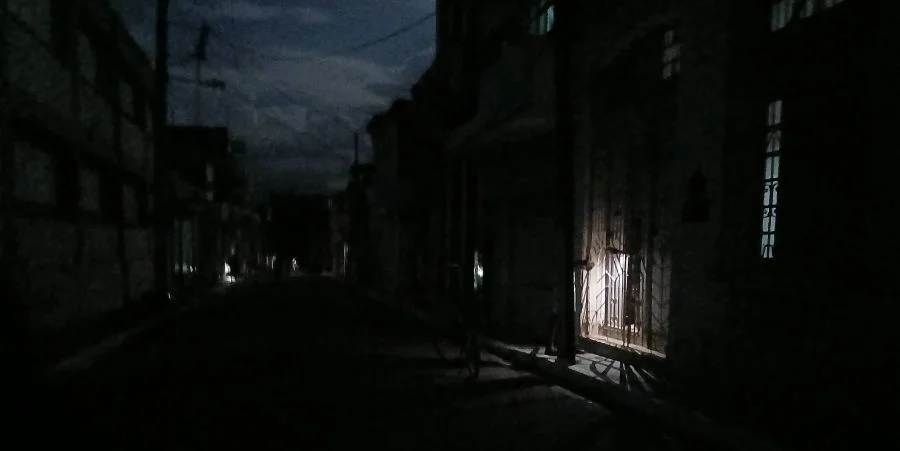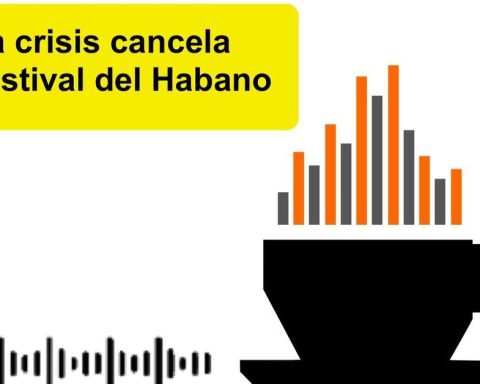M
ilei is son
of chaos and, paradoxically, in very few months, it has become the father
of the new order of Argentine politics.
How has he achieved it? In a very simple way: he has agreed with a large majority against him. Today, the antimileism
emerges as the main political identity in the country.
This is the new ordering axis: almost everyone against Milei, both because of her style and her decisions.
On the one hand, there are the president’s ways, which exhaust and tire. Insults are annoying. Excuses are boring. Your calculations are not credible. And the consequence is immediate: his rating sinks, his confidence falls, his positive image drops.
Milei’s current communication is more typical of a panelist-opponent in a campaign than that of the highest leader of a country who has the responsibility of solving daily problems. The communication that helped you get here will be the same communication that will get you out of here. That is to say, these disruptive forms are not useful for this new stage, unless you have good management and correct decisions. Today, due to his new function, his expected role is different. Your distraction manual is no longer distracting. Argentine citizens want solutions as soon as possible and less talk.
On the other hand, there is the substance of what he says and does. And on this level, that of content and proposals, it is not in tune with the vast majority. Neither the cuts on retirees, nor the attack against the public university, nor the closure of hospitals. None of these proposals, to cite the three most recent examples, corresponds to the common sense of the Argentine people. They are not even endorsed by a good portion of his voters in the second round, who did not vote for him for this.
Milei is left alone because he has decided to abandon everyone, except for a few; and has also decided to turn its back on an ideological corpus agreed upon in the country. Milei definitely chooses to embrace his intense minority before reaching his first year as president.
This phenomenon is observed in any survey and in any focus group. And, furthermore, it is perceived in the fragmented Argentine political class. Every day it is more common to find common positions in a highly heterogeneous opposition arch that is joined only through an umbilical cord: disagreeing with Milei. For this reason we can unexpectedly encounter the traditional left in a march, some sector of the PRO, radicals, K Peronists, non-K Peronists, social organizations that had not spoken to each other for a long time, and many spontaneous citizens who voted for one or the other. All together for being against some measure taken by Milei. The anti-Milei front grows and consolidates.
The current government is going through its own turning point. Wrong, he believed he had political support forever. He got confused. What it really had was momentary electoral support in the midst of a great state of disorder and confusion, together with a strong crisis of representation. Something similar happened to Macri in his government. He overvalued himself much more than he was really worth. And that’s how it went.
like in the movie birdmanMilei is still stuck in his character. He continues to be that loud and loud panelist, capable of saying anything, with no responsibility other than to criticize left and right, and without the need to prove anything. He was good at this task. But not every good candidate is a good president. Even less if he persists as a candidate.
In short, anyone who constantly wants to dance right in the middle of the dance floor runs the risk that it could turn out good or bad. What is certain is that it does not go unnoticed. Being at the center of the agenda demands a lot; for example, doing well in front of everyone. And what Milei is demonstrating is that the applause is coming to an end.
* Economics doctor, CEO Celag Data
















